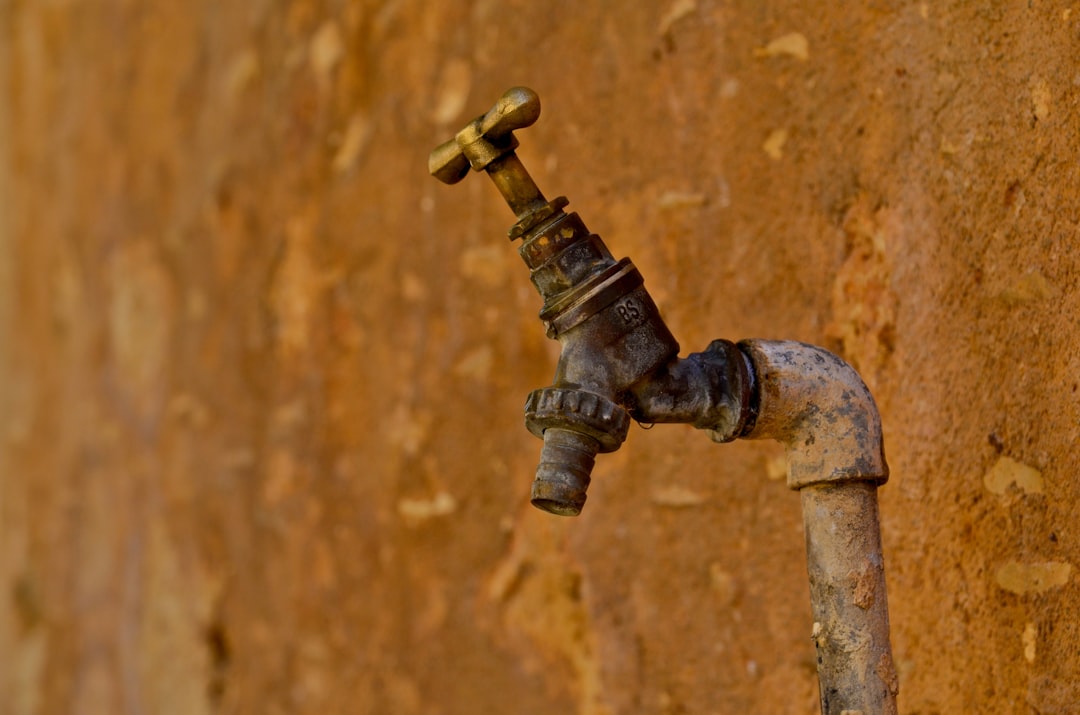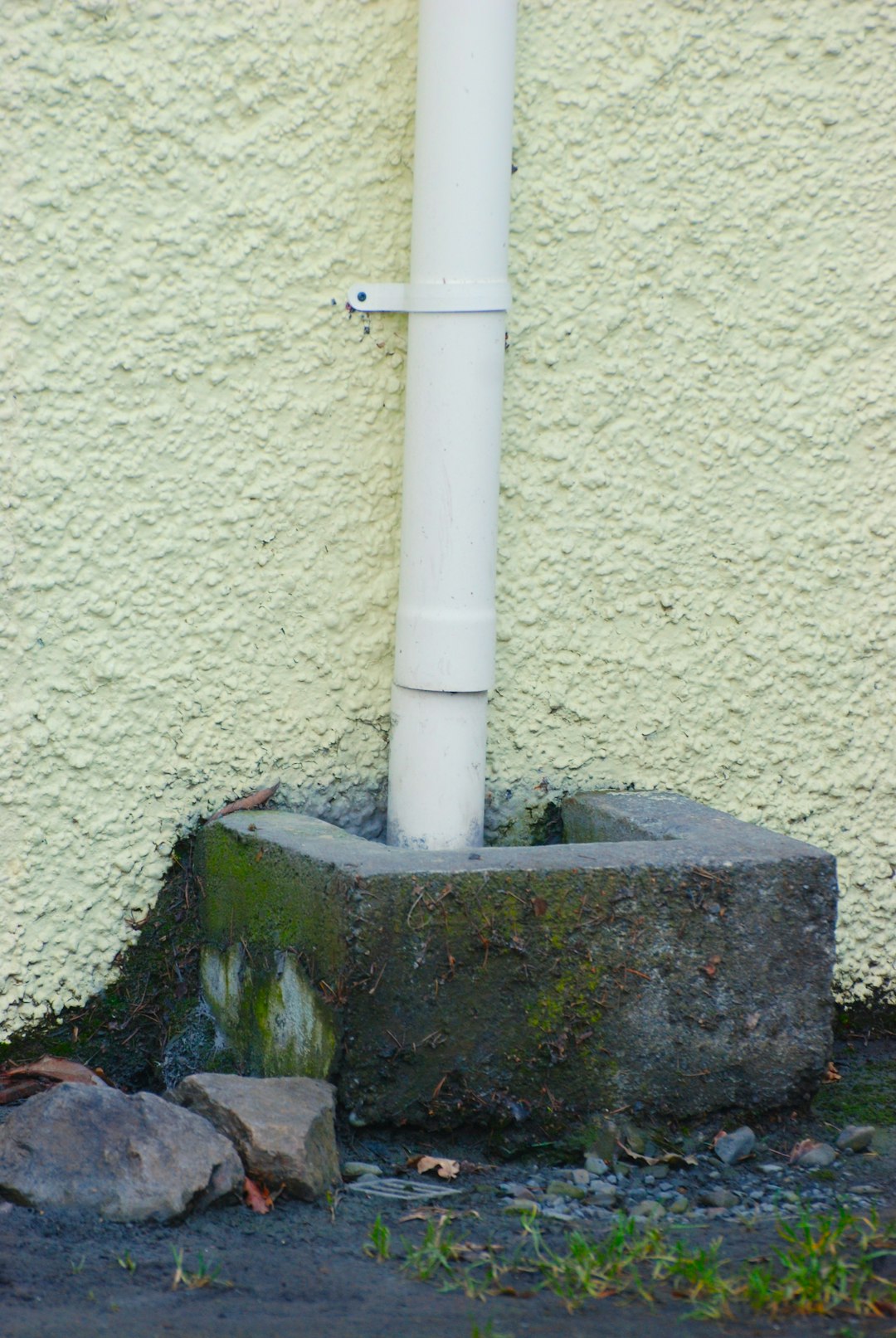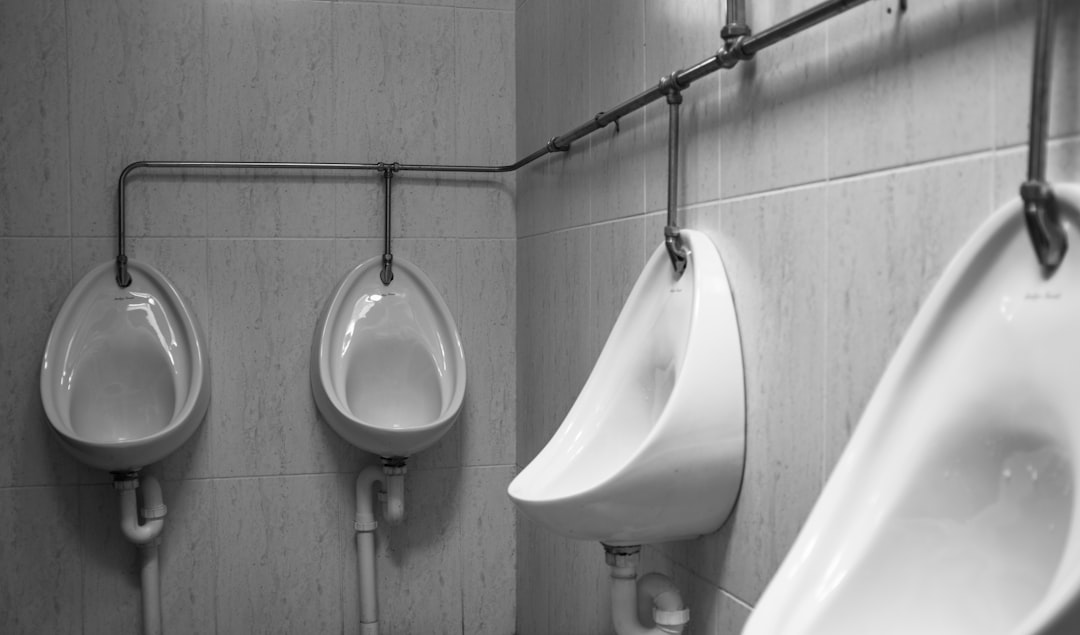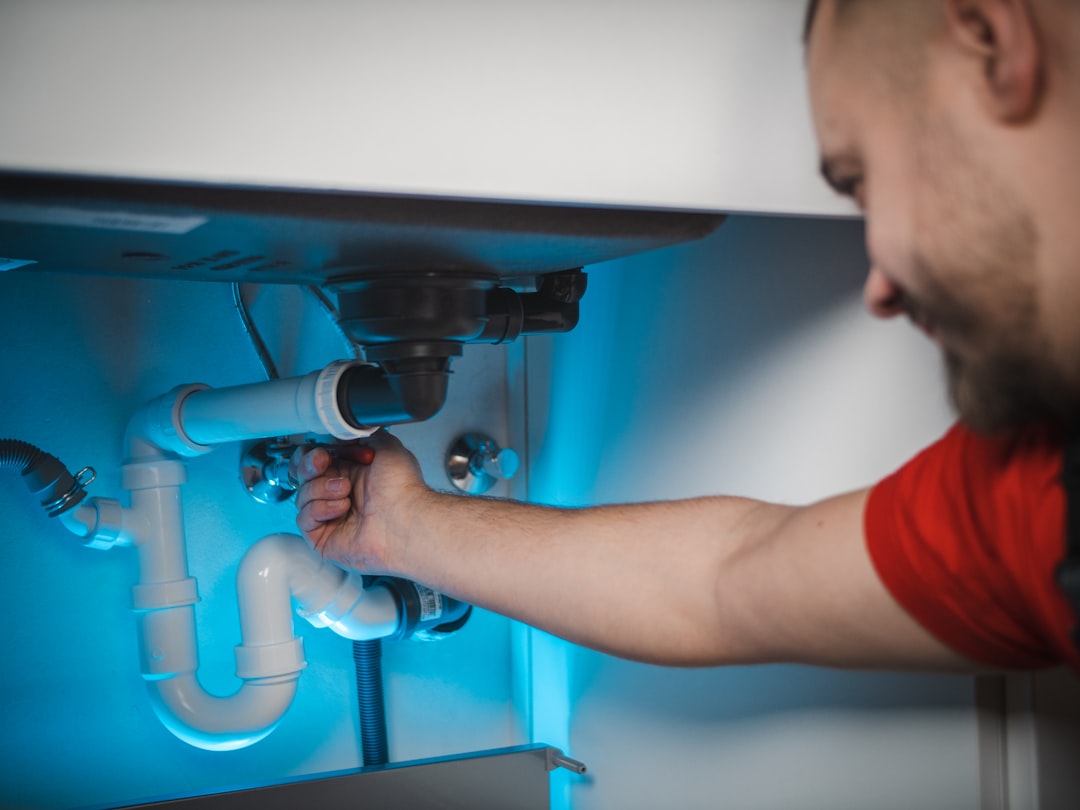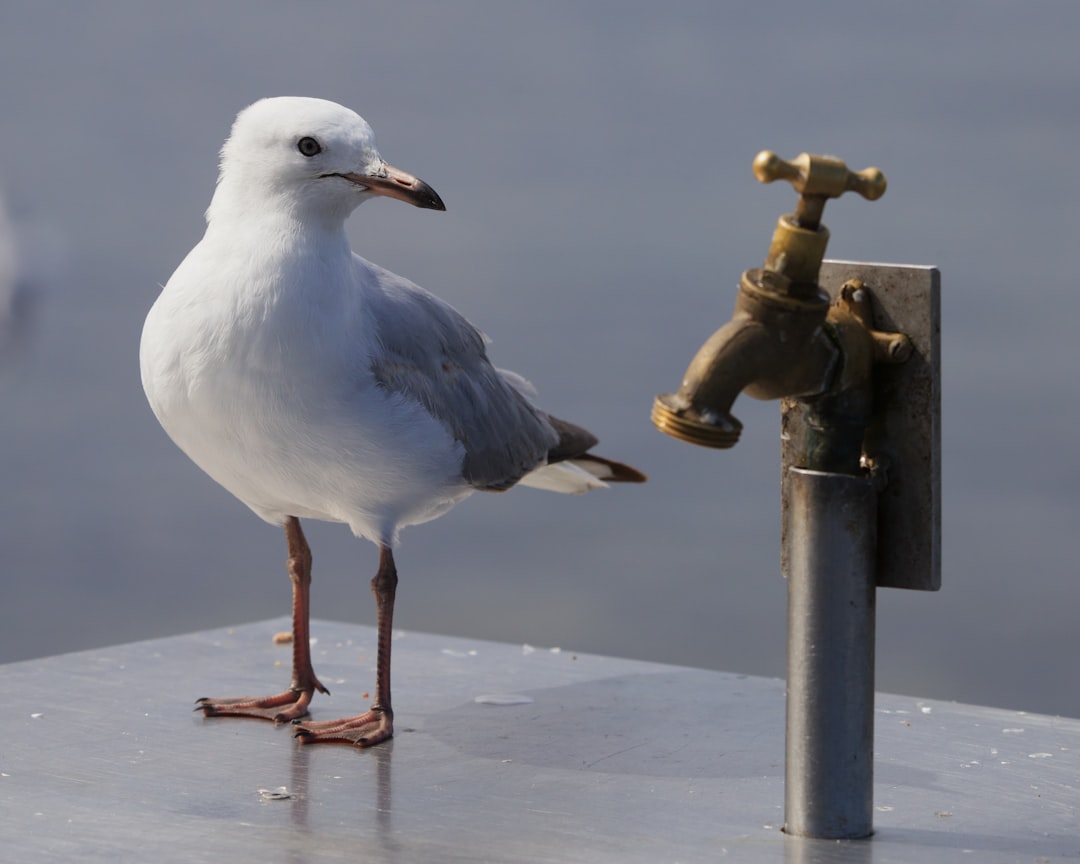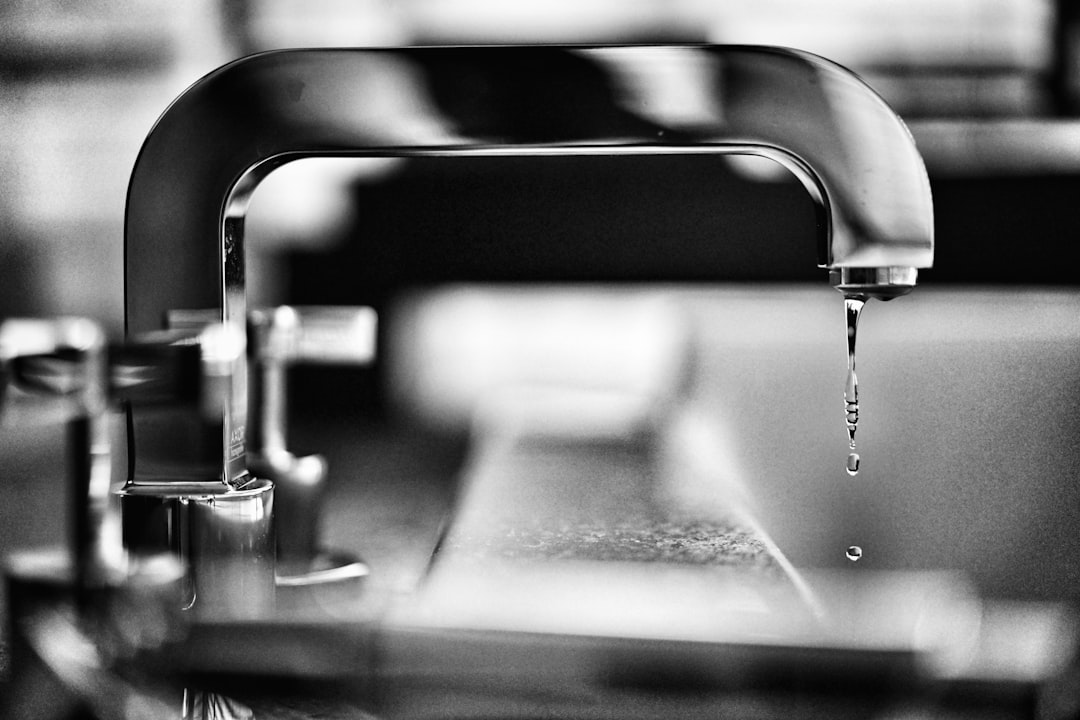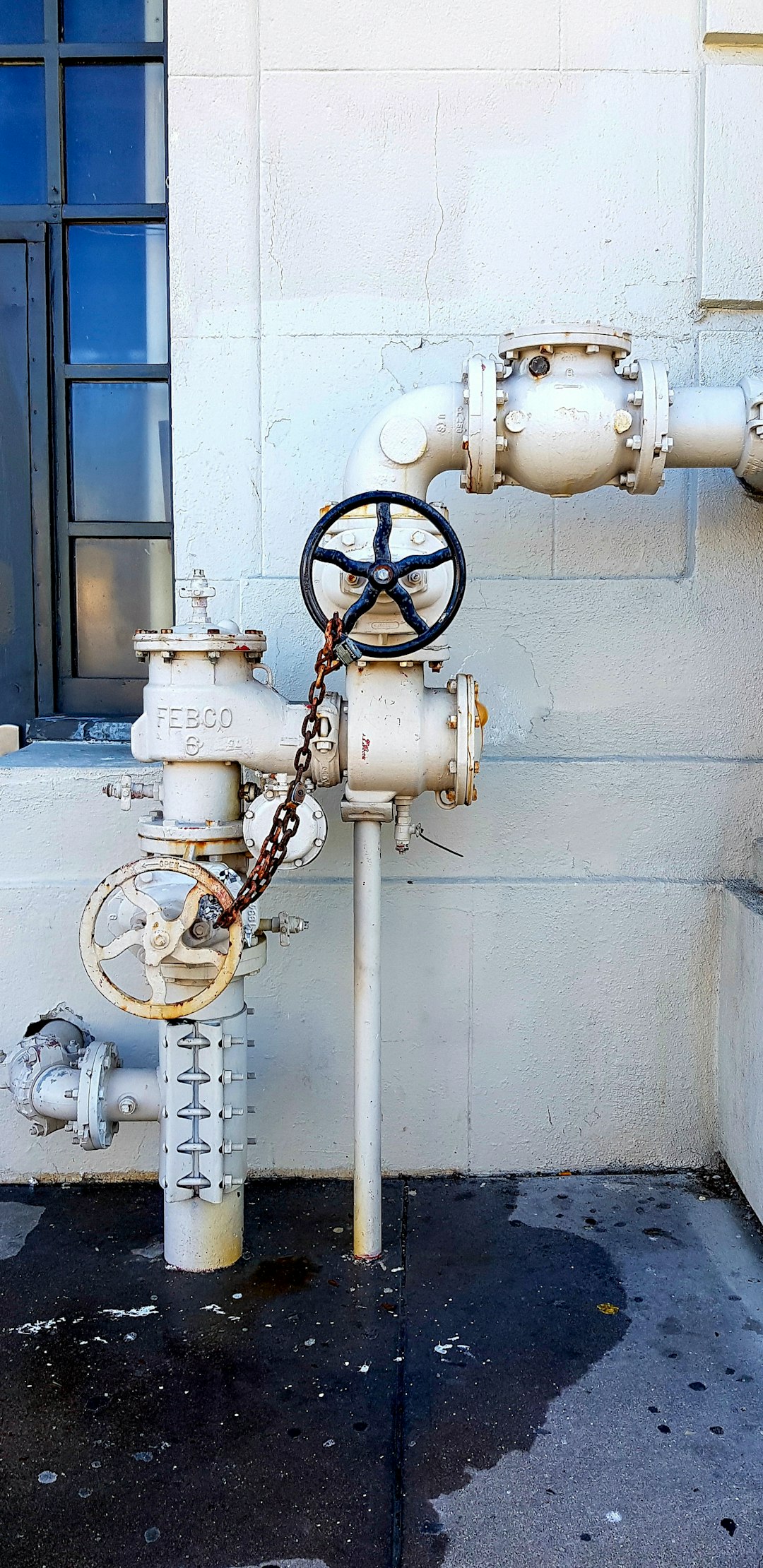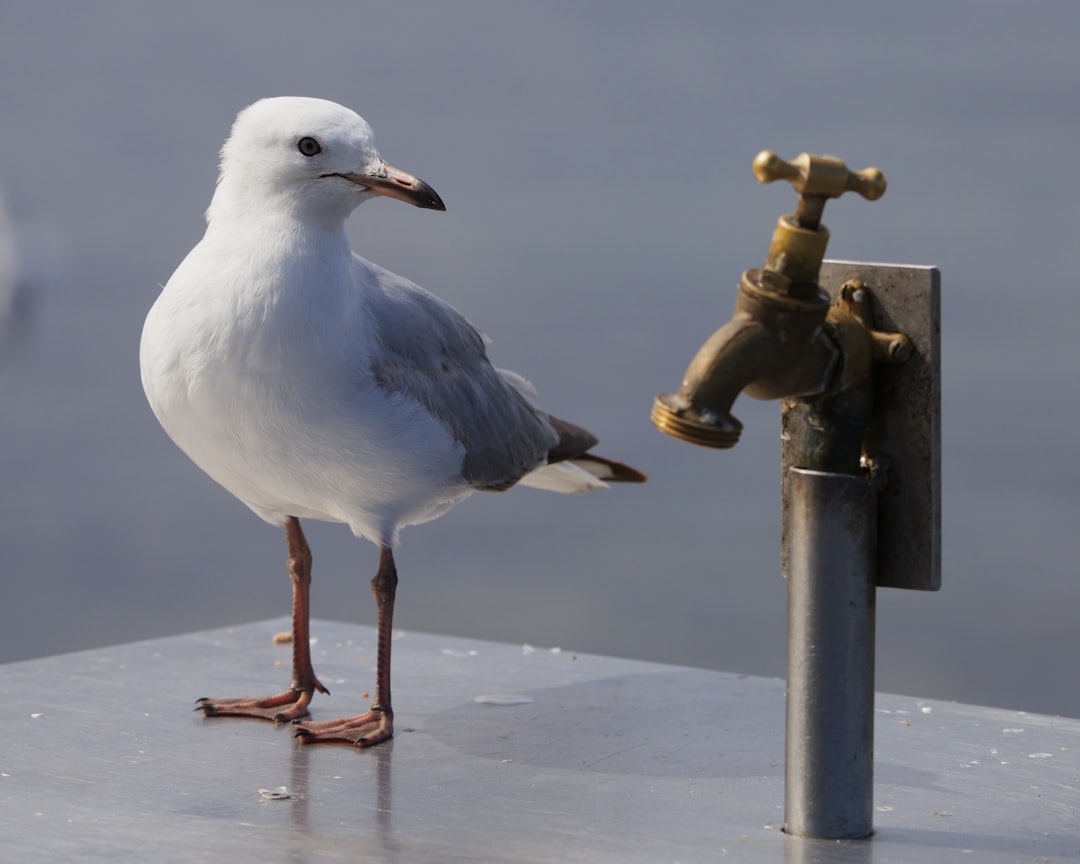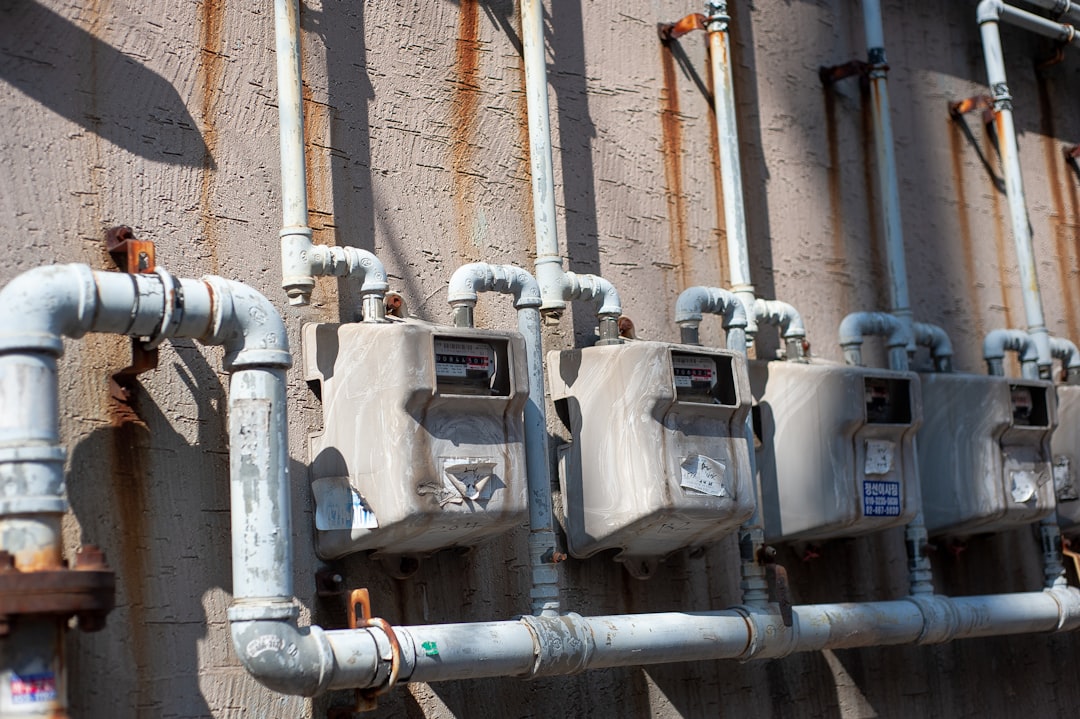Table of Contents
- Introduction
- Planning and designing the plumbing system layout
- Installing plumbing pipes and fixtures throughout the house
- Conducting plumbing inspections for code compliance
- Providing emergency plumbing services during construction
- Ensuring proper drainage and sewage line installation
- Installing water heaters and water filtration systems
- Conducting leak detection and repair for system integrity
- Performing final checks and maintenance before occupancy
- Conclusion
- Frequently Asked Questions
Introduction
Building your dream home is an exhilarating journey that involves countless decisions and intricate details, but one critical element often overlooked is the essential role of a plumber.
From ensuring a seamless water supply to preventing unforeseen disasters, the expertise of a skilled plumber is indispensable.
Imagine stepping into your beautiful new bathroom, perfectly designed, but a leaky pipe ruins the dream.
Without proper plumbing, your sanctuary could quickly turn into a nightmare.
In this article, we’ll explore how plumbers not only contribute to the functionality and safety of your home but also enhance its overall value.
With their intricate knowledge of the plumbing system, they transform your ideas into reality, ensuring every faucet flows and every toilet flushes efficiently.
Join us as we delve into the various services a plumber provides, and discover why you should prioritize professional plumbing in your home-building journey.
Planning and designing the plumbing system layout
Planning and designing the plumbing system layout is a crucial step in the construction of a new house. A well-designed plumbing system ensures that water supply and waste removal are efficient, helping to provide a comfortable living environment. This process begins with understanding the house’s layout, including the locations of bathrooms, kitchens, and laundry rooms. Effective communication with architects and builders is necessary to ensure that the plumbing design aligns with the overall structure of the home.
Plumbers must also calculate the required water pressures and flow rates to meet the household’s needs. Additionally, they need to take into consideration local plumbing codes and regulations, which govern the installation and materials used.
Another important aspect is the choice of materials, such as copper, PVC, or PEX, each of which has its own advantages and disadvantages. A thorough planning phase can prevent costly changes during construction and future plumbing issues, making the role of a plumber essential in the planning and execution stages.
Installing plumbing pipes and fixtures throughout the house
Installing plumbing pipes and fixtures throughout a new house is a critical responsibility of plumbers that ensures a reliable water supply and efficient waste removal. Initially, plumbers work closely with architects and builders to design a plumbing system that meets the specific needs of the building. This includes determining the layout of pipes and selecting appropriate materials such as PVC, copper, or PEX.
Once the planning phase is complete, plumbers install the main water supply lines that run from the municipal supply or well to various parts of the house. They also install drain, waste, and vent pipes that facilitate the safe disposal of wastewater.
In addition to pipes, plumbers are responsible for installing fixtures, such as sinks, toilets, showers, and water heaters. This involves ensuring proper connections, pressure, and alignment for optimal functionality. Regular inspections and compliance with local building codes are essential to guarantee safety and quality throughout the process. Ultimately, the plumber’s expertise contributes significantly to the overall comfort and functionality of the new home.
Conducting plumbing inspections for code compliance
Conducting plumbing inspections for code compliance is a crucial step in the construction of a new house. These inspections ensure that all plumbing systems, including water supply, drainage, and venting, adhere to local and national building codes. Before any inspection, plumbers must install systems according to pre-approved plans, using quality materials and techniques.
During the inspection process, licensed plumbing inspectors evaluate the work to confirm that it meets safety, efficiency, and regulatory standards. This involves checking for proper pipe installation, verifying that all fittings and fixtures are in place, and making sure that waste and vent pipes are adequately vented to prevent any blockages or backflows. Inspectors also look for leaks, ensuring that the plumbing system operates efficiently and effectively.
These inspections are not only about compliance but also serve to protect homeowners from future plumbing issues. By identifying potential problems early, plumbers can make necessary corrections, ensuring a reliable and durable plumbing system that functions as intended.
Providing emergency plumbing services during construction
Providing emergency plumbing services during construction is a critical role for plumbers, as it ensures that any unforeseen issues are addressed promptly to avoid project delays. Plumbers are responsible for the installation of piping systems, fixtures, and appliances, but they also need to be prepared for emergencies that may arise throughout the building process. For example, sudden leaks, damaged pipes, or blockages can occur, which could affect other tradespeople and the overall timeline of the construction.
Emergency plumbing services involve quick assessment and repair of any plumbing-related problems, which are essential to keeping the construction site safe and functional. A plumber must be available to respond swiftly, minimizing downtime and ensuring that work can continue smoothly. This includes carrying out necessary repairs while adhering to safety regulations and construction codes, as improper plumbing can lead to severe consequences, including water damage and structural issues. Proper communication with the construction team is also vital, as plumbers need to coordinate their work with various contractors to ensure an efficient workflow throughout the project.
Ensuring proper drainage and sewage line installation
One of the key responsibilities of a plumber in building a new house is ensuring proper drainage and sewage line installation. This task is crucial for maintaining a healthy and functional living environment. The plumber must design and install a drainage system that effectively channels wastewater away from the home, preventing water accumulation and potential flooding.
In addition to drainage, the proper installation of sewage lines is vital to securely transport waste from the bathrooms, kitchen, and laundry to the city sewer or septic system. The plumber is tasked with selecting appropriate materials and pipe sizes that comply with local building codes while considering the layout of the house.
Moreover, they must ensure that the sewage system is vented adequately, which helps prevent the buildup of harmful gases and allows for proper sewage flow. By executing these tasks with precision, plumbers play an essential role in safeguarding a home’s sanitation and plumbing integrity, ultimately contributing to the overall comfort of its residents.
Installing water heaters and water filtration systems
Installing water heaters and water filtration systems is a critical role for plumbers in the construction of a new house. A water heater provides the necessary hot water for various household needs, including cooking, cleaning, and bathing. Plumbers are responsible for selecting the appropriate type of water heater, whether it be tankless, conventional, or solar, based on the family’s requirements and energy efficiency goals.
The installation process involves connecting the heater to the home’s plumbing system, ensuring proper venting for gas units, and performing necessary electrical work for electric heaters. Moreover, plumbers must also install temperature and pressure relief valves to optimize safety.
In addition to water heaters, plumbers also install water filtration systems. These systems purify water, removing contaminants and ensuring safe drinking water for the household. Plumbers assess the home’s specific needs and recommend suitable filtration options, such as activated carbon filters or reverse osmosis systems. Proper installation of these systems requires precise knowledge of plumbing layouts and adherence to local codes, ensuring reliable and efficient operation.
Conducting leak detection and repair for system integrity
Conducting leak detection and repair is a crucial aspect of a plumber’s role in ensuring the integrity of plumbing systems in a new house. Plumbers utilize various techniques and equipment to identify leaks that may not be visible to the naked eye. This includes using ultrasonic leak detectors, thermal imaging cameras, and pressure testing methods to pinpoint the exact location of leaks.
Once a leak is detected, plumbers assess the severity of the issue and determine the most effective repair method. This may involve sealing joints, replacing damaged pipes, or re-routing water lines to prevent further complications. Timely leak detection and repair can help avoid water damage, mold growth, and costly repairs down the line.
In addition to addressing existing leaks, plumbers also play a key role in preventing future issues by conducting regular maintenance checks and advising homeowners on how to care for their plumbing systems. This proactive approach not only ensures the longevity of the system but also promotes overall home safety and efficiency.
Performing final checks and maintenance before occupancy
Performing final checks and maintenance before occupancy is a crucial step in ensuring that a new home is safe, functional, and comfortable. This process typically involves a comprehensive inspection of all plumbing systems. Plumbers will check for leaks, ensure that all fixtures are properly installed, and test the flow of water to faucets and showerheads.
Additionally, they will verify that the drainage systems are functioning efficiently, ensuring there are no blockages or slow drains. It’s also essential to check the heating and cooling systems, as well as the water heater, to confirm they are working correctly and efficiently.
In preparation for occupancy, plumbers may also provide guidance on maintenance practices to homeowners. This could include information on how to prevent clogs, maintain the water heater, and ensure the longevity of plumbing fixtures.
Overall, thorough final checks and maintenance help to prevent future issues, offering peace of mind to the new occupants.
Conclusion
In conclusion, the indispensable role of a plumber in building your dream home cannot be overstated. From the intricacies of designing and installing plumbing systems to ensuring compliance with safety codes, plumbers are central to laying the foundation of a comfortable and functional living space. With their expertise in leak detection, emergency services, and final inspections, they safeguard your investment and peace of mind. By understanding and addressing the various plumbing requirements throughout the construction process, they ensure that your home not only meets your needs but also promotes a safe and healthy environment for you and your family. If you’re building a new home or renovating your current one, don’t hesitate to call 573-555-2121 for expert plumbing assistance. Let a professional plumber help you navigate this crucial aspect of your home construction to guarantee quality and reliability every step of the way.
